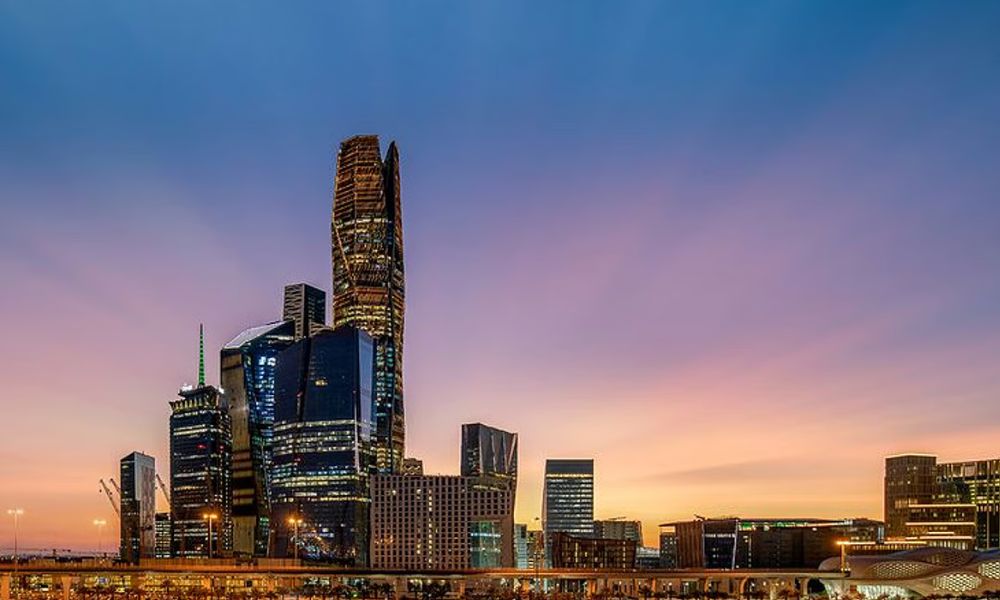
Background & Strategic Motivation
In a historic policy shift, the Saudi Cabinet approved on 8 July 2025 the “Law of Real Estate Ownership and Investment by Non‑Saudis”. Set to take effect in January 2026, this law replaces a 2000 framework and reflects Saudi Vision 2030’s priorities: economic diversification, boosting foreign direct investment, and expanding the real estate market beyond its traditional domestic orientation.
What the Law Permits
Ownership & Real Rights
Foreign individuals, companies, non‑profit organizations, investment funds, and legal entities may now own or hold real-rights over property in designated zones across the Kingdom. This includes ownership, usufruct, leaseholds, or other forms of real estate interests
Scope of Eligible Properties
Permitted properties include residential, commercial, and even agricultural assets, provided they fall within approved zones. Large giga-project zones — NEOM, Red Sea, Al-Ula — are also expected to be eligible.
No Residency Required (In Many Cases)
In most cases, foreign buyers do not need Saudi residency (iqama) to purchase property. However, owning residential property may still require Ministry of Interior or Premium Residency approval depending on the case.
Geographic Restrictions & Religious Safeguards
Riyadh and Jeddah have been identified as initial zones where foreign ownership is explicitly permitted. Other zones will be defined by the Real Estate General Authority (REGA) in coordination with the Council of Ministers and the Council of Economic and Development Affairs.
Mecca and Medina remain largely off-limits. Exceptions may be granted only to foreign Muslim individuals under very limited circumstances (inheritance, waqf, or specific individual approvals). GCC citizens now follow the same regulatory framework as other foreigners, eliminating prior special provisions.
Investment Conditions & Commercial Thresholds
Commercial developments by foreign entities must meet key thresholds:
- Minimum investment of SAR 30 million
- Project completion and operation within five years of the acquisition date
- Ownership is often conditional on development execution, discouraging passive or speculative buying. .
- Residential buyers with valid residency can purchase one property for personal use (outside restricted zones), subject to Ministry of Interior approval.
Phased Implementation & Regulatory Framework
- The law was published in the official Umm al‑Qurā Gazette in late July 2025.
- An 180‑day transition period begins from the date of publication. During this window, REGA, in collaboration with the Ministry of Investment and Ministry of Interior, must draft executive regulations, finalize zones, ownership caps, usage limits, fees, and registration procedures.
- Draft regulations will be published on the Istitlaa public consultation platform within 180 days to invite stakeholder input
Market Impact & Economic Implications
- Analysts expect the law to channel billions into the real estate sector, particularly foreign high‑net‑worth Muslims interested in buying in Mecca and Medina — potential investment worth up to US$2 billion if access conditions allow .
- In 2025, inflation in Saudi Arabia accelerated to 2.3%, driven in part by rising housing rents. Authorities aim to expand supply, stabilise prices, and relieve rental pressure — the new law is one strategic measure toward those goals.
- This is seen as a watershed reform for the real estate sector, aimed at boosting supply, inviting institutional capital, elevating development standards, and cementing global investor confidence.
Key Takeaways & What Lies Ahead
| Feature | Details |
| Effective Date | January 1, 2026 (following 180‑day transition post‐gazette publication) |
| Responsible Body | Real Estate General Authority (REGA) |
| Designated Zones | Initially Riyadh & Jeddah, plus mega‑project areas |
| Holy Cities Restriction | Mecca & Medina restricted; limited exceptions for Muslim individuals |
| Investor Requirements | Residential: one home; Commercial: SAR 30M+ investment + build timeline |
| Legal Tools | Public consultation via Istitlaa; enforcement via REGA oversight |
| Government Goal | Attract (and manage) FDI, ensure housing supply, uphold Vision 2030 |
This new law represents both a practical opening for international buyers and a carefully calibrated regulatory framework designed to align foreign investment with Saudi Arabia’s socio-economic objectives. While full detail awaits the executive regulations (expected by early 2026), the legislation signals a landmark shift: for the first time, non‑Saudis can directly own property in the Kingdom—so long as they respect defined zones, timelines, and the sensitive cultural geography of the nation.
Why This Matters
- Offers a major opportunity for foreign individuals, developers, and investors
- Marks a shift from indirect investment (REITs or shares) to direct ownership
- Is aligned with Vision 2030’s mega‑projects (e.g. NEOM, Jeddah Central)
- Reflects a strategic balancing act: open markets while protecting national and religious priorities





